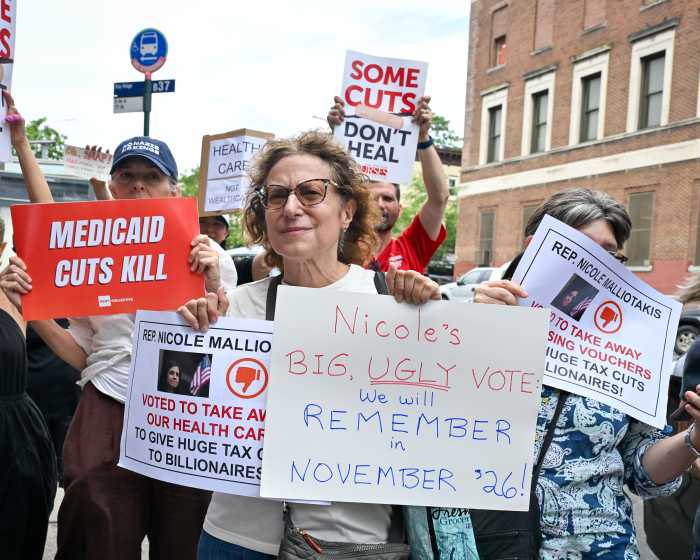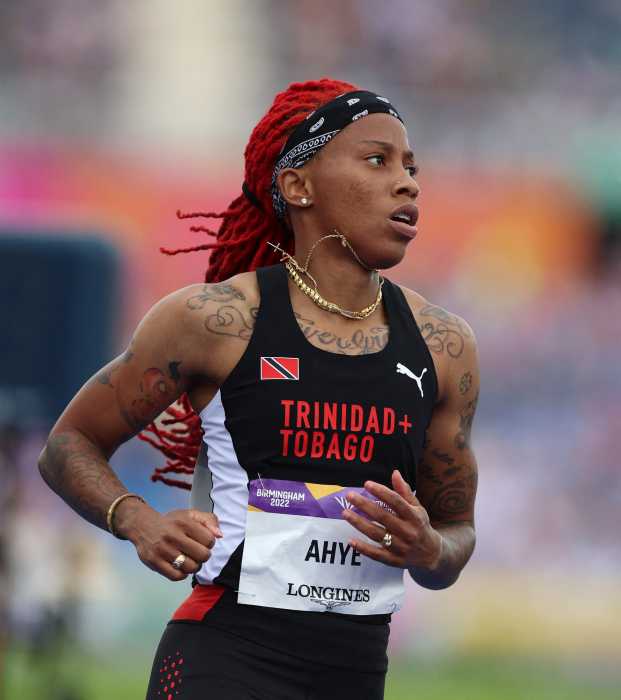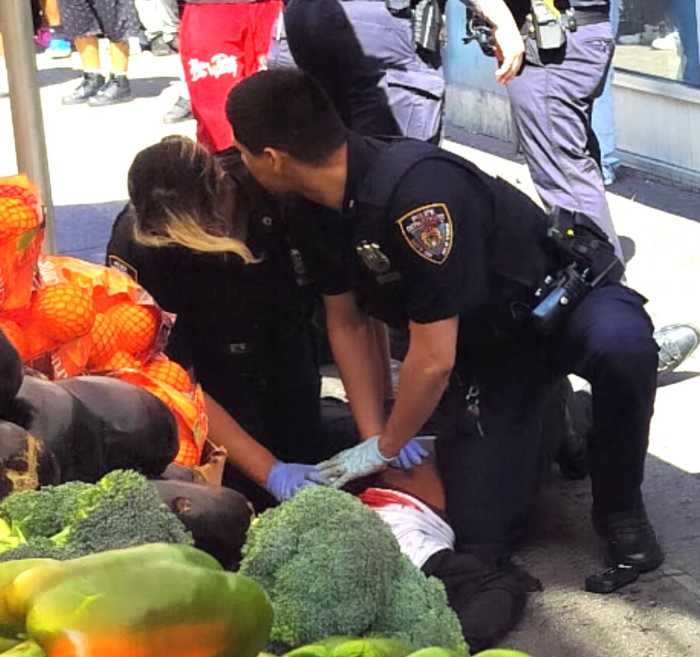For Bergen Beach resident Jay Fromer, whose Jay’s Way Moving business operates in both Brooklyn and Manhattan, the thought of tolls on the East River Bridges leaves a bad taste in his mouth.
“It will fall back on the consumer. If I have to pay, they will have to pay,” said Fromer. “It all trickles down, and makes things harder and harder on everybody. Also how is traffic going to be if there’s a toll? It’s ridiculous to me. This city is out of hand.”
Charging motorists $5 to enter Manhattan via the Williamsburg, Manhattan, and Brooklyn Bridges was one of the state-appointed Ravitch Commission recommendations to close the MTA’s $1.2 billion operating budget gap.
The MTA also has a $25-$30 billion capital budget for the years 2010-14.
The commission estimated that tolling the East River and Harlem River Bridges would generate about $600 million.
Other Ravitch Commission recommendations included raising subway and bus fares 8 percent, and employers in the 12 counties within the MTA jurisdiction paying a new Mobility Tax equal to one-third of one percent of wages ($330 per each $100,000 in payroll).
The Mobility Tax is estimated to bring in $1.5 billion a year into for the MTA.
But tolling the East River Bridges is what drew the ire of most Brooklynites interviewed for this story.
“I am absolutely opposed to it,” said Fran Vella-Marone, president of the Dyker Heights Civic Association (DHCA).
Vella-Marone said that for years the DHCA has been hearing stories about improved regular and express bus service in the neighborhood and it has never materialized.
“We already are poorly serviced and my understanding is they (MTA) are already proposing cutting local bus routes and weekend service of express buses,” said Vella-Marone.
“I understand the MTA needs more funds, but every time we’re turning around they are picking average citizens’ pockets,” she said.
Some Brooklyn civic groups located closer to the bridges, however, said they favored the idea of the tolls.
“We have in the past supported congestion pricing and we were advocates for East River tolls because Brooklyn Heights is a neighborhood subject to a lot of through traffic and we felt utilizing tolls on bridges would help mitigate traffic,” said Judy Stanton, executive director of the Brooklyn Heights Association.
Borough President Marty Markowitz remains a strong opponent of the plan to toll the bridges.
“I absolutely do not support tolling the bridges on the East River, which would absolutely unfairly burden Brooklynites and all outer-borough commuters, including those in Staten Island, who are already overburdened by tolls and underserved by public transit,” he added.
Markowitz said contrary to the assumption that only rich people have cars, many outer-borough residents in areas underserved by mass transit are often less affluent, and rely on vehicles for their livelihoods.
“These tolls are basically an attempt to balance the transit system’s books on the backs of working people and small businesses,” he said.
MTA spokesperson Aaron Donovan said the commission’s report now goes before the State Legislature, where Albany can act on all, part or none of the recommendations.
If the state does not do anything, the MTA board will vote on Dec. 17 on its own recommendations to close the budget gap to adopt its fiscal year 2009 budget, said Donovan.






















